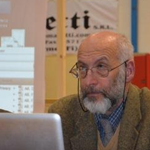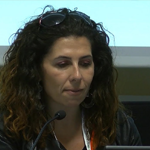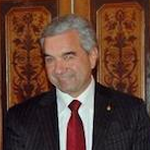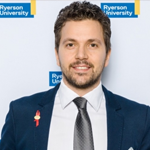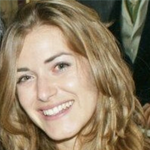
| Contenuto del corso:
In this seminar, natural and innovative materials will be taken into consideration, in the field of construction elements and energy efficiency in buildings. A multi-scale and multi-disciplinary approach will be maintained in the analysis of such topic. The seminar will analyze and discuss the following:
i) the motivations leading to the employment of insulating materials and solar barriers in the built environment, at a urban down to the building component scale;
ii) the advantages and disadvantages to consider when using natural and bio-based materials, at a urban down to the building component scale;
iii) natural and innovative materials for insulating purposes;
iv) natural and innovative materials as solar barriers, both in new, existing and historical buildings; points
iii) and iv) will comprehend not only an overview on thermal-optic characteristics of the considered materials, but also an in depth analysis of the technological solutions achievable with such materials, in their practical application inside the building. Moreover, the seminar will also comprehend a description of the main statistical tools to analyze, compare, investigate materials' characteristics.
v) future trends, discussion and conclusions.
|
